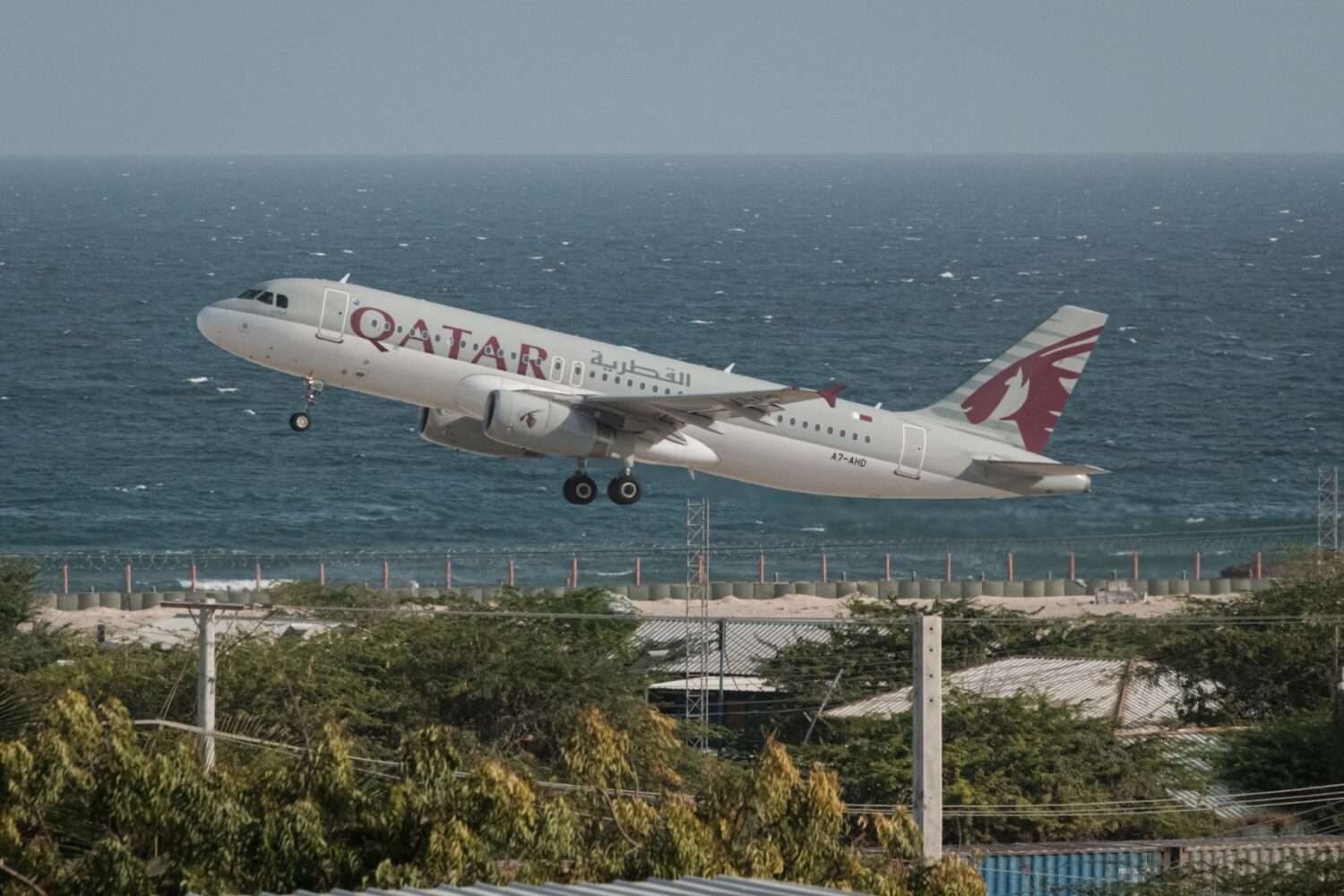DOHA, QATAR – Qatar Airways’ chief executive on Tuesday doused hopes that the aviation industry can become carbon neutral by 2050, saying he was “very skeptical” about the target.
Not enough sustainable aviation fuel is being produced, and technological hurdles remain to using hydrogen as a replacement, Akbar Al Baker told the Qatar Economic Forum.
In 2021, the International Air Transport Association’s member airlines committed to achieving net zero carbon emissions in their operations by 2050.
But Baker said, “I don’t think that we will be able to achieve net zero emissions by 2050. Everybody’s talking about it but let us be realistic.”
Baker’s comments come just a few weeks after Emirates airline’s president Tim Clark also cast doubt on global aviation’s ability to quickly move away from traditional jet fuel.
Baker said, “There is not enough production of sustainable aviation fuel. The hydrogen project is in its infancy.”
“The hydrogen technology will mature in the second half of the century, which means after 2050, which means we will not achieve what everybody’s been promised will happen.
“I’m very skeptical about this (goal).”
His remarks echo Clark, who said there was no prospect of producing enough sustainable aviation fuel – made from biomass, recycled food oil and synthetic fuel from captured CO2 or green hydrogen – in the near future.
“You will not fly an A380 to Los Angeles, with 500 passengers on board burning 200 tonnes of fuel, on anything other than fossil fuel for the time being,” Clark told reporters in Dubai.
Emirates later announced a $200 million research and development fund to find “better solutions” to reducing emissions.
However, Boeing CEO Dave Calhoun said sustainable aviation fuel remained the best hope for achieving net zero by 2050.
“Really the only significant contributor by the way of changing technology is sustainable aviation fuel. That’s the only thing that moves the needle between now and then,” he told the forum in Doha.
“Every new airplane that we or our competitors sell today, if it displaces an older aeroplane in their fleet, is usually 20 to 30 percent better on emissions… but the only thing that achieves net zero is sustainable aviation fuel,” Calhoun added.
The aviation industry produced more than two percent of global carbon dioxide emissions in 2021, according to the International Energy Agency.








